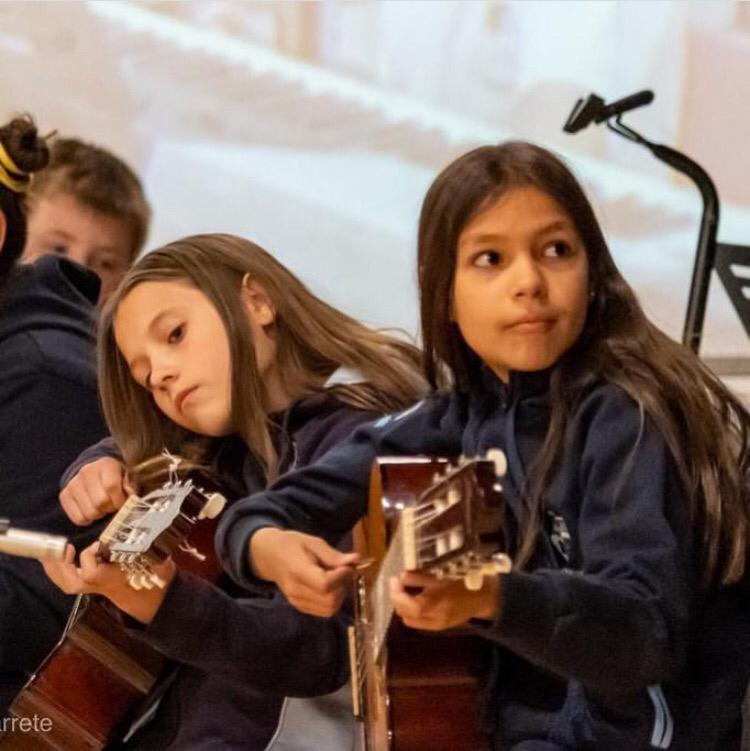Home » Beyond the Classroom » Milestones of Life at Dunalastair
Milestones of Life at Dunalastair
Milestones of Life at Dunalastair
Just as innovation and constant reinvention are two fundamental aspects of our school, there are a certain number of experiences, or milestones, that take place year after year here at Dunalastair. Experiences that foster a sense of belonging and community among our students and are shared generation after generation. These milestones, in many cases, represent the experiences that our alumni will remember most after graduation.

The Scottish tradition, which defines the identity of our school, led us to introduce houses named after major clans. The Playgroup level marks the entrance to our school and there is a milestone of learning about the characteristics of their House, including their colour, tartan or family crest. The students work on Identity by learning about the history of the school and its founder, Mrs Ada Crew.
The school has a positive behaviour policy which emphasises looking at what we want to see (rather than what we do not want to see). We call this our 4 Bs: Be Safe, Be Responsible, Be Respectful and Be Nice. These broad categories of behaviour guide the actions of our community. During one special week our Prekinder students carry out concrete actions in which they can visualise and experience the behaviours expected at school.
At the end of Kinder, children visit the junior building and work together with 1st grade. The purpose of this milestone is to get to know the facilities they will be using the following year, reducing the uncertainty that this change can create in some students. The Kinder students spend a day with the children in 1st grade, who guide them through the facilities and then share a snack and a break in the playground. The day ends with lunch in the lunchroom.
In Year 1 we celebrate the moment when our students read for the first time in public. Like “fireflies” they shine on this day by publicly reading stories of their choice to their parents, teachers and older students.
At this age, students are able to write their own stories in their own handwriting. In this activity they write their stories in a workshop and receive feedback from teachers. They illustrate their stories and lay out their own books which are shared with the community in a ceremony held in the library.
The appreciation of beauty is another of the school’s educational objectives. For this reason, between Year 3 & 6 all students learn to play an instrument of their choice and take part in the school orchestra or band.
In Year 3 they perform a concert for their parents and teachers for the first time. Playing together allows them to develop skills that will be fundamental in the future.
During Year 4, with the aim of developing autonomy, independence and decision-making skills, we go on a two-and-a-half day trip to a mountain lodge. Students are encouraged to carry out practical activities related to outdoor life, such as pitching a tent, orienting themselves by the sun or making a safe campfire.
D-Olympics involve activities that support the transition from D-Inquiry to D-Project. It mobilises the skills that are at the core of the project-based learning methodology. Over five days, students practice communication and conflict management skills, collaboration, critical thinking, problem solving, creativity and innovation skills of D-Project.
Year 6 students are invited to strengthen their teamwork skills, especially those of collaboration, communication and empathy, in a two and a half day trip to a mountain lodge.They practice assertive communication and collaboration by playing Capture the Flag and Treasure Hunt. They also develop respect and care for the environment.
The transition from Junior to Senior stage is a challenge for our students. They move to a model with subject teachers who share less time with them, demanding more independence and autonomy. For two days the 7 Year students work on a mini-project with their 8 Year peers to reestablish links and encourage respect and good relationships before moving onto this new stage of their learning journey.
In 8 Year, students go on a study trip designed not only to have an academic impact, but also to strengthen the bonds between the students before starting high school. To do this, they prepare their trip by studying different aspects of the environment of the place they are going to visit, researching the geography, the original and current human settlements, the flora and fauna, the productive resources, among others. They organise this research in their logbooks and present it to their fellow students.
The end of our students’ school journey is marked by the Year 12 Musical. This final project allows students to further develop their teamwork, communication and empathy skills; to strengthen their bonds as a group and provide a welcome distraction from university entrance exams.
Students choose the musical they will perform and then take on all the responsibilities of staging this ambitious project. They can take part in acting, dance, set design, costume and make-up design, props or the translation team. Preparation takes place throughout the year until the day of the premiere where they perform as a gift to our whole community.





